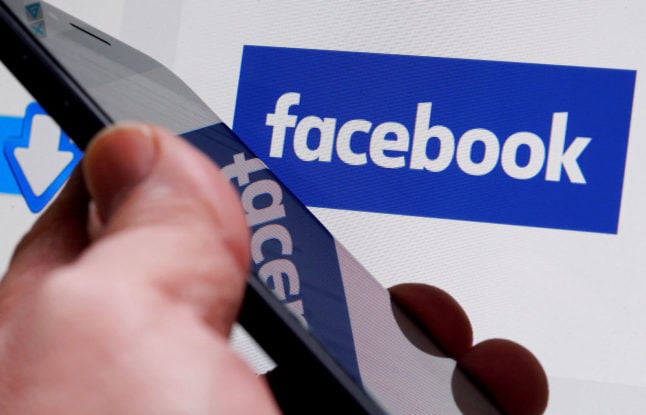As everyone knows, the Haribo bear has since the 1960s enjoyed a status as the only bear native to western Europe. However often young children greedily ate him whole, he seemed to come back in ever greater numbers.
While he is native to the German city of Bonn, he has since spread successfully throughout the continent.
But this position was endangered in 2011 when the Swiss Lindt bear came along – he was the same shape as the Haribo bear, prowled the same territories (the sweets section of supermarkets) and even wore the same fetching ribbon around his neck.
The main difference was that, while Haribo bear is made of gelatine, Lindt bear is made of chocolate.
Haribo bear was far from happy. He growled and roared – and then took Lindt bear to court for infringing on his copyright.
But on Wednesday, the federal court in Karlsruhe ruled that his copyright had not been infringed. Lindt bear had every right to wear the same bow as Haribo bear if he so chose.
Haribo bear let it be know to The Local through a spokesperson that he will wait for all the details of the ruling to be made available to him before he decides on a next step.
Initial indications suggest though that he will not budge, and will continue to wear his ribbon just as he always has.



 Please whitelist us to continue reading.
Please whitelist us to continue reading.
Member comments